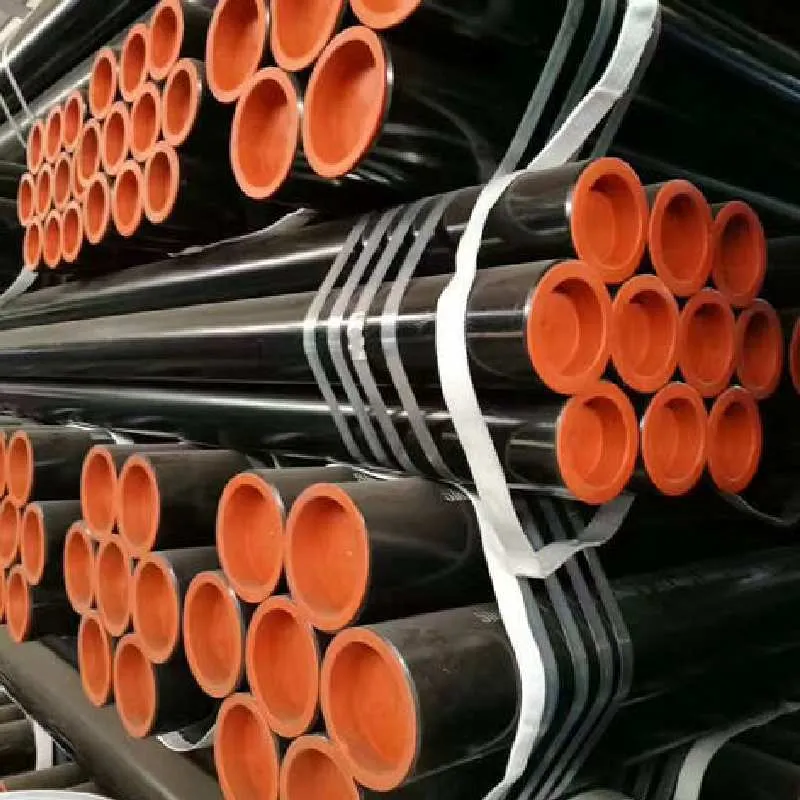-
Cangzhou Yulong Steel Co., Ltd.
-
Phone:
+86 13303177267 -
Email:
admin@ylsteelfittings.com
- English
- Arabic
- Italian
- Spanish
- Portuguese
- German
- kazakh
- Persian
- Greek
- French
- Russian
- Polish
- Thai
- Indonesian
- Vietnamese
- Zulu
- Korean
- Uzbek
- Hindi
- Serbian
- Malay
- Ukrainian
- Gujarati
- Haitian Creole
- hausa
- hawaiian
- Hebrew
- Miao
- Hungarian
- Icelandic
- igbo
- irish
- Japanese
- Javanese
- Kannada
- Khmer
- Rwandese
- Afrikaans
- Albanian
- Amharic
- Armenian
- Azerbaijani
- Basque
- Belarusian
- Bengali
- Bosnian
- Bulgarian
- Catalan
- Cebuano
- China
- China (Taiwan)
- Corsican
- Croatian
- Czech
- Danish
- Esperanto
- Estonian
- Finnish
- Frisian
- Galician
- Georgian
- Kurdish
- Kyrgyz
- Lao
- Latin
- Latvian
- Lithuanian
- Luxembourgish
- Macedonian
- Malgashi
- Malayalam
- Maltese
- Maori
- Marathi
- Mongolian
- Myanmar
- Nepali
- Norwegian
- Norwegian
- Occitan
- Pashto
- Dutch
- Punjabi
- Romanian
- Samoan
- Scottish Gaelic
- Sesotho
- Shona
- Sindhi
- Sinhala
- Slovak
- Slovenian
- Somali
- Sundanese
- Swahili
- Swedish
- Tagalog
- Tajik
- Tamil
- Tatar
- Telugu
- Turkish
- Turkmen
- Urdu
- Uighur
- Welsh
- Bantu
- Yiddish
- Yoruba

Jul . 28, 2024 05:18 Back to list
Effective Techniques for Cleaning Galvanized Pipes to Ensure Optimal Performance and Longevity
Cleaning Galvanized Pipes Essential Tips and Techniques
Galvanized pipes, which are steel pipes coated with a layer of zinc, were widely used in construction, plumbing, and various industrial applications due to their rust-resistant properties. However, over time, these pipes can accumulate mineral deposits, rust, and other debris, compromising water flow and quality. Cleaning galvanized pipes is essential for maintaining their integrity and ensuring the longevity of your plumbing system. This article will provide you with effective techniques and tips for cleaning galvanized pipes.
Understanding the Need for Cleaning
Galvanized pipes can develop issues such as corrosion and sediment buildup, especially if they’ve been in place for many years. Over time, rusty build-up can lead to reduced water pressure, discoloration of water, and even leaky connections. Therefore, regular maintenance and cleaning are vital to prevent these issues from escalating.
Safety Precautions
Before starting the cleaning process, ensure you take appropriate safety precautions. Wear gloves, goggles, and a mask to protect yourself from rust particles and cleaning solutions. Also, ensure the water supply is turned off to prevent flooding.
Cleaning Techniques
galvanized pipe cleaning

1. Physical Cleaning - Pipe Inspection Before you begin cleaning, inspect the pipes for visible corrosion or damage. If the corrosion is severe, it may be necessary to replace the affected sections. - Scrubbing For light to moderate rust, use a wire brush or a scraper to physically remove debris from the outside of the pipes. A handheld brush can help dislodge mineral buildup without damaging the pipe. - High-Pressure Water Jetting For more stubborn deposits, a high-pressure water jet can clear the inside of the pipes, effectively removing dirt and debris.
2. Chemical Cleaning - Vinegar and Baking Soda A natural alternative for cleaning galvanized pipes is a mixture of vinegar and baking soda. The acidic properties of vinegar help dissolve mineral deposits, while baking soda acts as a gentle abrasive. - To use this method, mix a solution of equal parts vinegar and water, and pour it down the pipes. Let it sit for several hours, then rinse with hot water. - Commercial Pipe Cleaners There are various commercial products available specifically designed for cleaning galvanized pipes. Be sure to choose one that is compatible with galvanized metal to avoid any reactions that could worsen the corrosion.
3. Flushing the System - After cleaning, flushing the entire plumbing system is crucial. Turn the water back on and allow it to run through all faucets for several minutes. This step will help remove any remaining debris and ensure a clear flow.
Preventative Measures
To minimize the need for frequent cleaning, consider implementing some preventative measures. Regularly check your plumbing system for leaks and address them promptly. Install water softeners if you have hard water, as this can significantly reduce mineral buildup. Additionally, schedule routine maintenance with a plumbing professional to catch and resolve issues early.
Conclusion
Cleaning galvanized pipes is vital for preserving water quality and maintaining plumbing efficiency. By employing the right cleaning techniques and taking necessary precautions, you can significantly extend the life of your galvanized piping system. Remember that if the corrosion is extensive or if you're uncomfortable performing the cleaning yourself, don't hesitate to seek professional assistance. With proper care, your galvanized pipes can continue to serve their purpose for many years to come.
Latest news
-
ANSI 150P SS304 SO FLANGE
NewsFeb.14,2025
-
ASTM A333GR6 STEEL PIPE
NewsJan.20,2025
-
ANSI B16.5 WELDING NECK FLANGE
NewsJan.15,2026
-
ANSI B16.5 SLIP-ON FLANGE
NewsApr.19,2024
-
SABS 1123 FLANGE
NewsJan.15,2025
-
DIN86044 PLATE FLANGE
NewsApr.19,2024
-
DIN2527 BLIND FLANGE
NewsApr.12,2024
-
JIS B2311 Butt-Welding Fittings LR/SR 45°/90° /180°Seamless/Weld
NewsApr.23,2024











